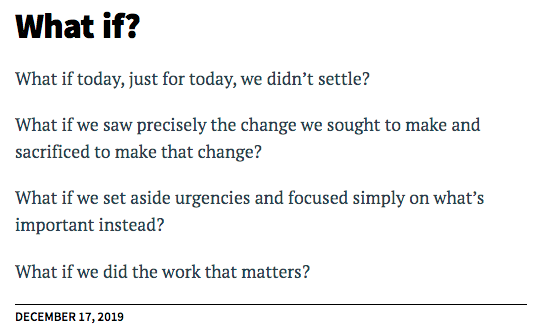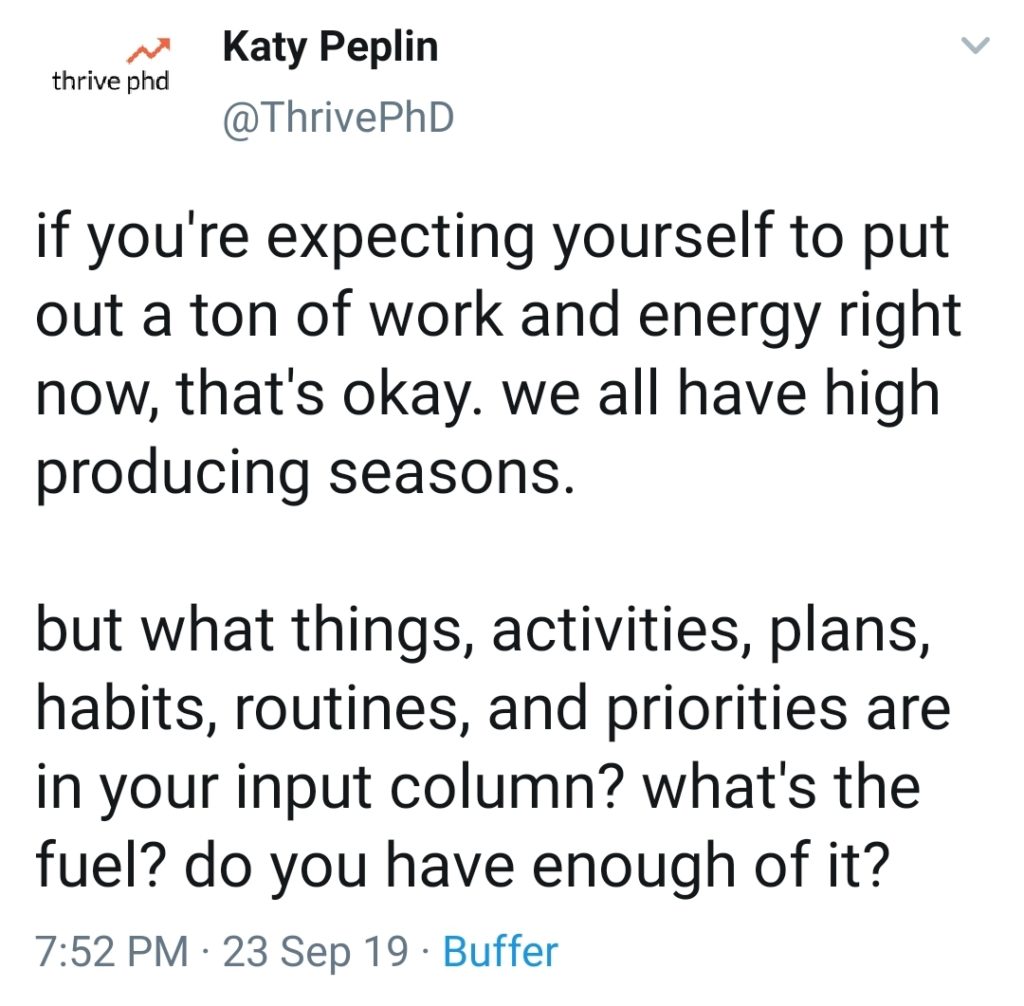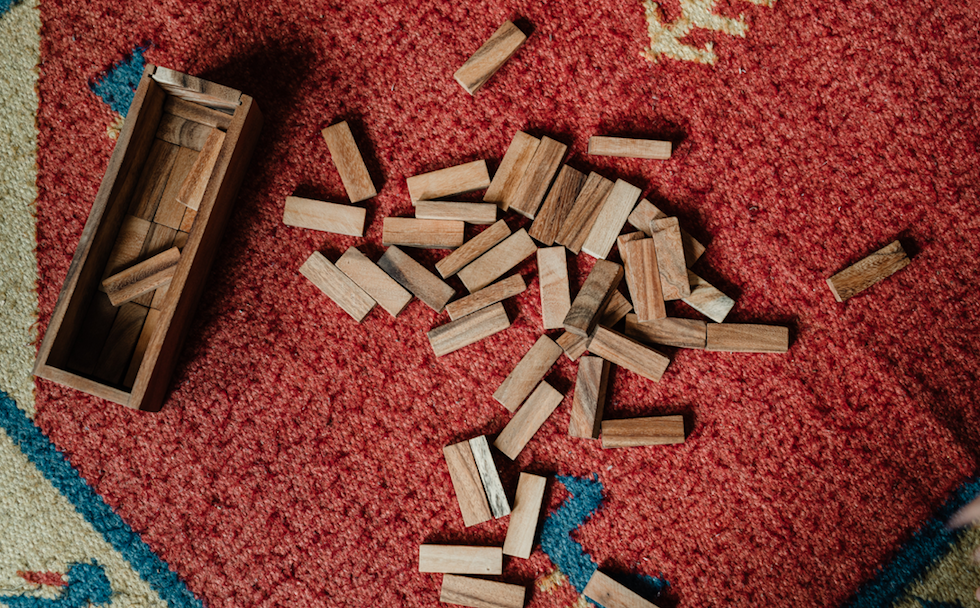
I am no stranger to burnout. It happens to me usually once a year. The worst part isn’t even the burnout itself; it’s the parts surrounding it. It is both the steady denial leading up to burnout and the guilt afterwards. In the “before” stage, I keep clinging to unrealistic standards for myself even though all the “meltdown imminent” warnings and red flashing lights are activated. I soldier on, pretending that this week, just this week, I can get through my mountain of work and obligations. If I just double down and grind harder, I can make it all work and stay on track. Heh, famous last words.
When my life inevitably heads off the rails, I’m left with the sobering reality that I have indeed run out of steam. For the next week or so, I step back from nearly everything and try to recharge. I put out the immediate fires but otherwise hone in on self-care and replenishing my energy. That’s the easy part. What’s next is the hardest.
How do I get back to “normal”? I mean, normal wasn’t exactly working for me, soooooo maybe I shouldn’t rush right back into that mess. And yet, at the same time, I still have work to be done. I can’t just be “recharging” forever. How do I create a sustainable workflow without jumping right back into unhealthy habits?
I start small, build momentum, and visualize my efforts. When looking at my to-do lists, productivity, and workflow, my plan is always to blow it all up and then rebuild. Every time it is so difficult for me because I’m such a perfectionist. Starting from scratch feels like I lost. Like I am a failure, and I can’t even figure out how to do my work. So on top of being anxious about burning out again, I have to wade through guilt and shame. Honestly, it’s a mess.
Fortunately, I have a wonderful therapist that helps me walk through these moments. She reminds me that I can be intentional about rebuilding my routines in a way that sets me up for success and minimizes guilt.
Small Goals & Quick Wins
The way I pull myself out of the burnout rut is by making goals that are too small to fail. I start my day with a few small objectives that I need to complete. By starting my day this way, I immediately notch a win and I can leverage that momentum for other tasks.
Right now I have 4 objectives on my daily morning list. That’s it. So even if I have a terribly off day and accomplish nothing else, I can still feel successful because I know I completed my morning routine.
Here’s a screenshot of my daily task app, Habitica.
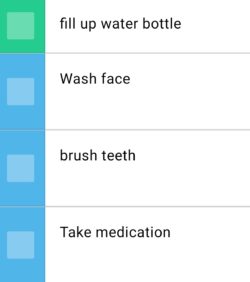
I don’t have to wake up each morning and wonder what I’m gonna do and how I’m gonna do it. I can just start.
Every Effort Counts
The second thing I do is simply record what I work on. Some people call it an accomplishment journal, but I prefer to think of it as an energy ledger that is separate from my to-do list. This independence is especially important as a knowledge worker because sometimes there can be a ton of effort without a task actually being completed. For my energy ledger, I use a web browser app called tweek, or sometimes I use a white board. As the day progresses I simply fill in what I’ve done for the day.
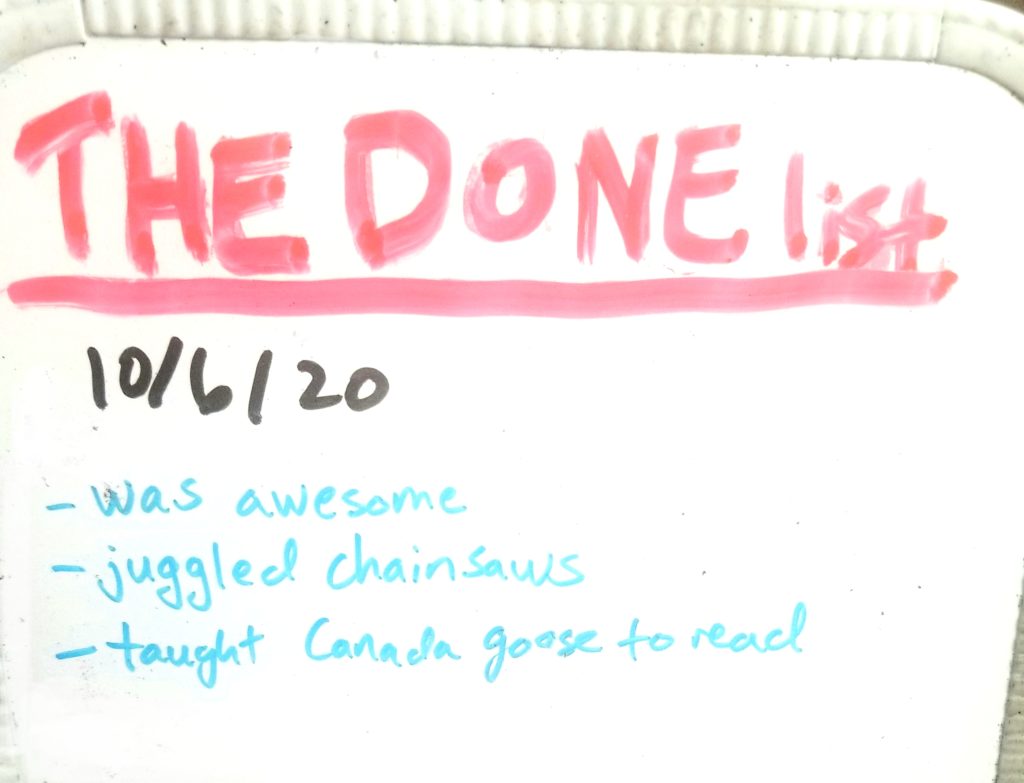
This is so important for me. Because regardless of how few big items got finished, I can clearly see what I worked on. I have tangible evidence of my hard work, and that’s what I need to rebuild.
This rebuilding process is about more than being okay energy-wise. Post-burnout, I really need the mental assurance that I can actually do this. That I have what it takes. That despite a setback I can reset and tap into my full potential.
When rebuilding from burnout we all need that confidence and stability that comes from knowing you are more than capable of getting the job done.
Because the truth is you are capable and you can do this, even if right now it doesn’t feel like it. In the meantime, set small goals, get those quick wins, and track your progress until you get there. You’ve got this, now keep going.







